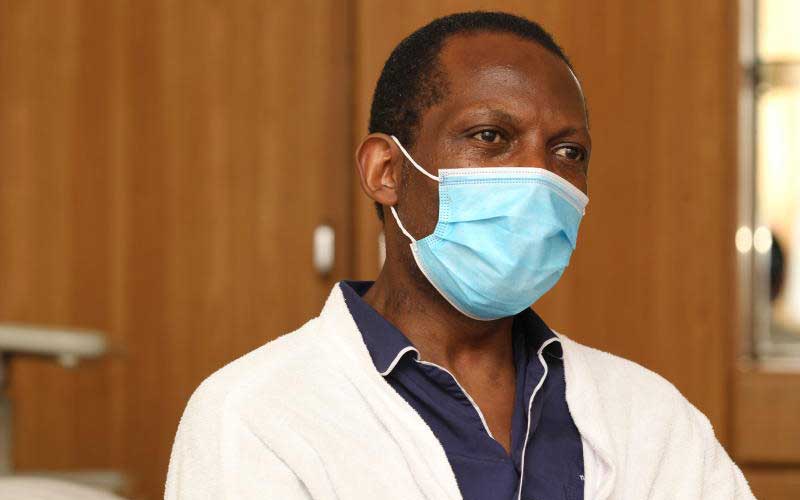×
The Standard e-Paper
Stay Informed, Even Offline

Bishop Timothy Wambunya at the Aga Khan University Hospital, Nairobi where he is recovering from Covid-19. [Jonah Onyango, Standard]
For Timothy Wambunya, Psalms 23 has gained new and special meaning.